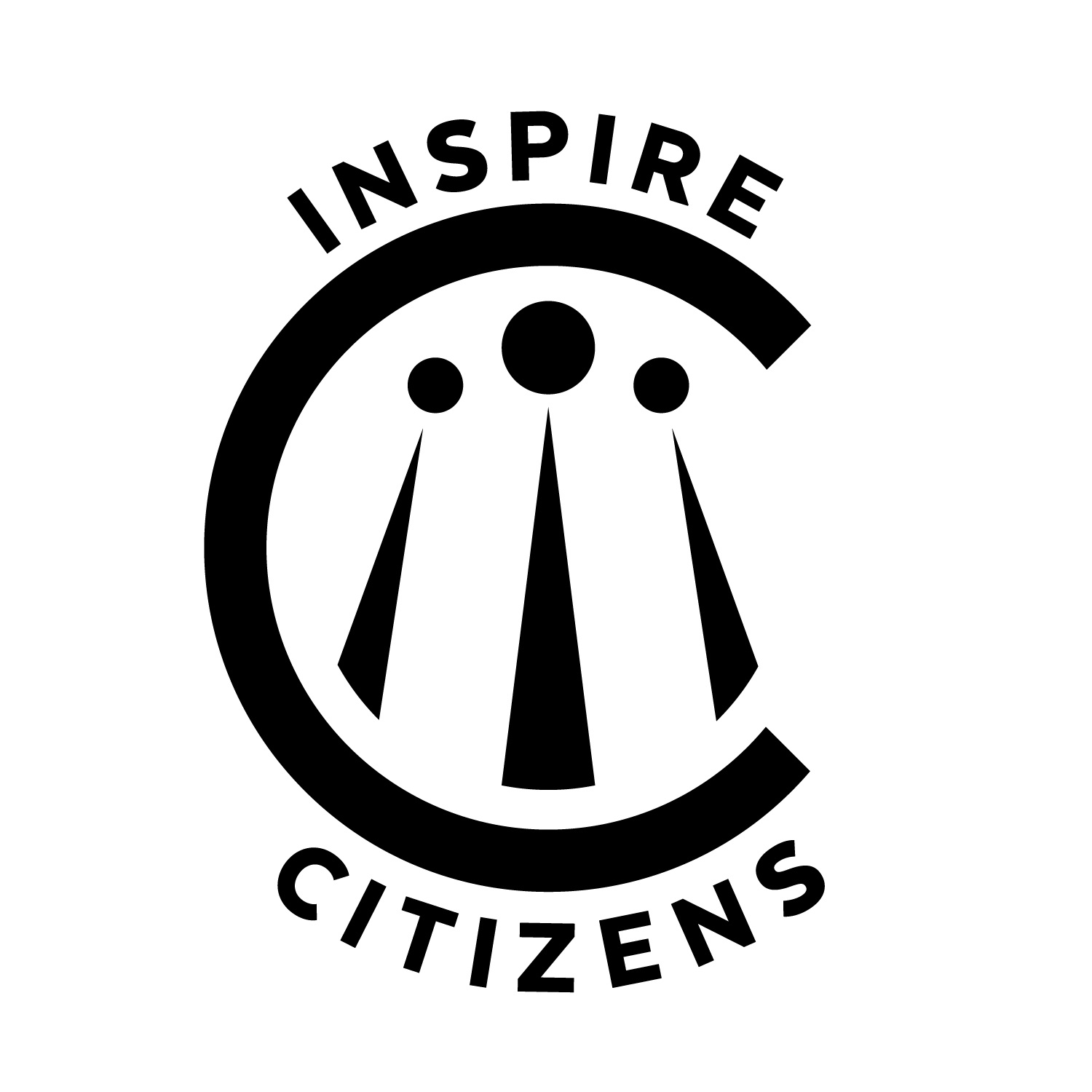Cultivating holistic student leadership
Teachers (l-r) Rich Werner, Peter Assimakopoulos, Jennifer Delashmutt and Chris Mott photoshopped into an ABBA photo to share with students at a leadership retreat at the International School of Bangkok. These four teachers have been spearheading the development of a holistic and student-centered approach to leadership at ISB.
When three passionate educators gather around a water cooler, all kinds of things can happen. At the International School of Bangkok (ISB), a water cooler conversation has culminated in a powerful and multi-layered approach to develop student leadership, and the results are inspiring.
“When we started talking about this, students at ISB were in charge of starting clubs and co-curricular initiatives,” says Peter Assimakopoulos, the high school CAS (Creativity, Activity and Service) and service learning coordinator. “We liked that clubs were student-led but felt there was a need to equip students to lead more effectively, and to give them a voice and opportunities to fail and learn. That’s where our student leadership plan started. We knew we wanted students to develop the capacity to lead their own leadership workshops, and to take on the growth of a student leadership program.”
Jennifer Delashmutt, Director of Curriculum and Professional Learning at ISB, agrees.
“We (Jennifer, Peter and athletic director Chris Mott) wanted to remove logistical barriers to student leadership at ISB,” Jennifer remembers. “We started working with Inspire Citizens in the fall of 2021 when school was online. Clubs and sports weren’t happening then, so we were able to take advantage of time with the students. Scott and Aaron created six modules for us and we were able to have the first cohort of students engage with that student leadership content.”
In January of 2022, Jennifer, Peter and Chris came together to review student reflections about the leadership modules and experiences, and to plan a Saturday morning student leadership retreat. They worked with students to plan, facilitate and lead the morning retreat in April of 2022. 160 ISB students participated in that gathering.
“This was a really successful experience, and by co-facilitating with the students, we were able to support their leadership capacity,” reflects Jennifer. “We ran another Saturday retreat in September this year with 120 students, and are now planning for a larger April 2023 retreat. Students are now leading the sessions, and also training and mentoring younger students, too.”
As student leadership in the high school has taken on new dimensions and impact, middle and elementary school educators are also keen to engage.
“Rich Werner, a high school English teacher, is bridging this work through the International Honor Society,” explains Peter. “His students have led leadership seminars for middle school leaders, and he is helping to establish what this looks like, moving forward, in the middle school and with upper elementary students.”
Student leadership training has been designed around the dispositions and skills of leadership. Students have explored key questions such as:
What’s your why?
What makes an inspiring leader?
What is a portrait of a good leader?
These questions have been entry points to explore active listening, collaboration, trust, systems thinking, organization, creating calls to action and more.
“We’re constantly scaffolding and helping the students take ownership of planning, organization and implementation,” says Jennifer. “So much of this is about mindsets, and understanding how to be flexible, adaptive and responsive.”
Inspire Citizens, in addition to creating the initial modules for student leadership at ISB, played a key role in the April 2022 leadership retreat. Scott Jamieson, an Inspire Citizens facilitator, also interviewed two ISB student leaders for an Empathy to Impact podcast episode to celebrate the story of student leadership at the school.
“We really needed the boost from Inspire Citizens to get this work moving,” says Peter.
Jennifer echoes that sentiment: “It’s such a natural partnership and Aaron and Scott are so easy to work with; we wanted to create something sustainable and student-centered and they have really made that possible.”
Moving forward, student leaders at ISB will engage in fall and spring Saturday retreats that are completely student-led. They will also have opportunities to expand leadership beyond clubs and activities and develop the elementary-middle school-high school pathway for leadership.
“A few of our students presented at an L2 Asia conference this past spring. It was a hybrid conference and we had people on campus at ISB while partnering virtually with groups at Shanghai American School and the Western Academy of Beijing. It was powerful to see our students presenting and sharing with adults,” reflects Jennifer.
Peter and Jennifer predict their students will have more of these types of leadership opportunities in the future, and hope the ISB student leadership model will migrate to other schools in the region.
“We’re developing something that will last for many years and is powerful and authentic,” says Jennifer.
Learn more about ISB Student Leadership in the Empathy to Impact Podcast episode.
Core Leadership Skills that students at ISB are exploring and developing through their school’s high school leadership initiatives.


